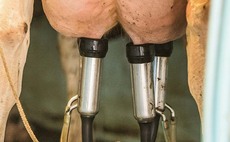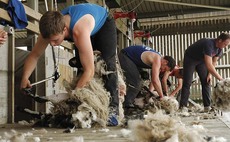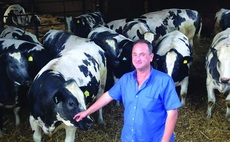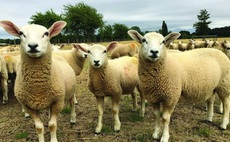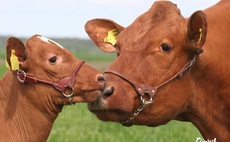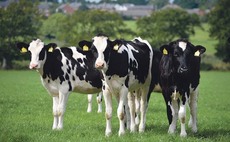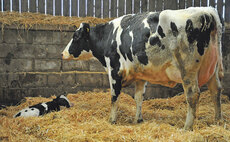Welfare
Livestock
There can be few practices on the farm which can be changed with so little investment, and to such great effect, than age at first calving. Still, the UK’s age at first calving remains stubbornly fixed at an average 28 months, despite the well-promoted benefits of calving at two years.
Livestock
A new mastitis test to reduce antibiotic use on dairy farms is being trialled through an on-farm ‘field lab’ with Innovative Farmers.
Livestock
Industry leaders are outraged at the High Court’s decision to rule in favour of an 11th hour decision by the Government not to grant Derbyshire a badger cull licence, despite providing satisfactory evidence.
Livestock
Livestock transport has become big business as supply chains have become increasingly diverse and, with animal welfare rightly at the fore during developments, the practice itself has experienced some change over the years. H
Livestock
Some guidance on safety at shearing has been produced by industry in response to the unique situation this year.
Livestock
Beef producer Paul Humphreys has high expectations of the stock he produces at Blixes Farm, near Chelmsford, Essex, and knows exactly the end-product he wants his butchery to create.
Livestock
Wormer resistance is a very real threat to sheep farming. Farmers must adopt new, sustainable worming practices to prolong the effectiveness of wormers.
Livestock
Are you overlooking the passive improvement you could gain in your herds’ fertility? In combination with good management practices, a consistent focus on breeding for better fertility plays a critical role in improving your bottom line.
Livestock
The national BVD survey aims to generate noise about the virus and gain further insight into its prevalence and management in the UK. Hannah Noble takes a look at some of the headline findings.
Livestock
Technology which can alert farmers and stockpeople when cows are about to experience calving difficulties has been developed by scientists at Scotland’s Rural College (SRUC).

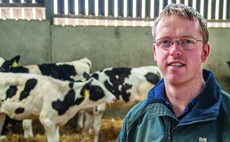
 20 May 2020
•
7 min read
20 May 2020
•
7 min read
